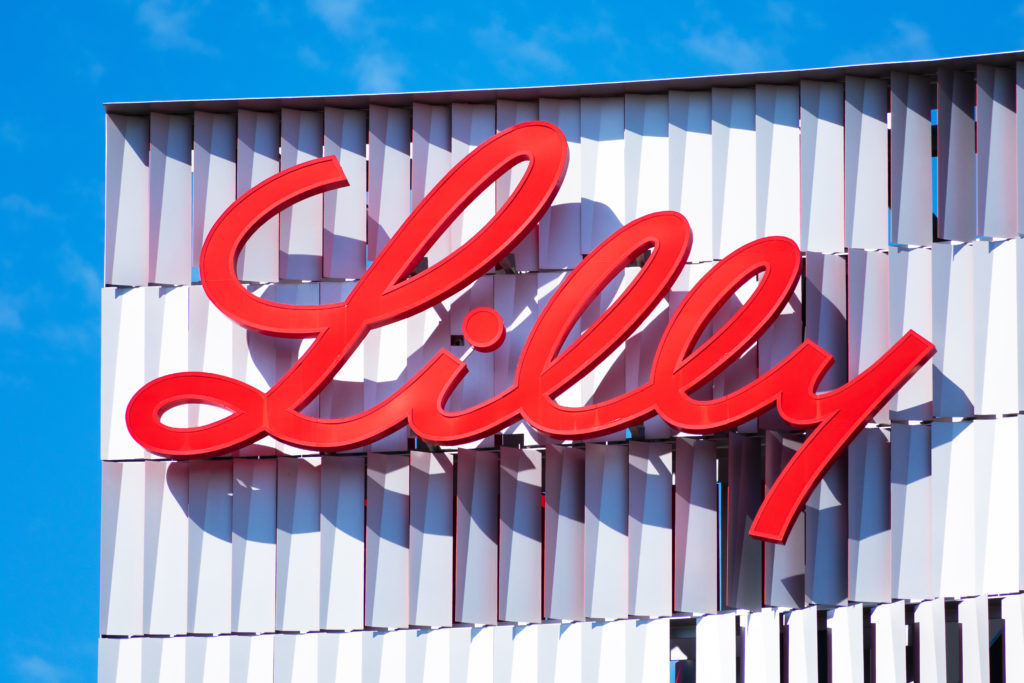Eli Lilly is sinking almost $1.5 billion into building new manufacturing plants in the US and Ireland to help boost production capacities.
The company is investing $1 billion of the budget into a brand-new manufacturing facility in Concord, North Carolina in the US. The state-of-the-art plant will be dedicated to the manufacture of parenteral (injectable) products and devices using cutting-edge technologies.
In Ireland, Lilly is putting $445.3 million towards a new manufacturing site. According to the IDA Ireland (Investment Development Agency), a non-commercial, semi-state inward investment promotion agency that promotes foreign direct investment into Ireland, the project is awaiting approval as the company prepares to submit a planning application with Limerick City and County Council in the next few weeks.
In a news release from Lilly, Edgardo Hernandez, senior vice president and president, Lilly Manufacturing Operations, said the investments are geared towards increasing manufacturing capacities to support Lilly’s entry into “an exciting period of growth.”
Lilly said that while the North Carolina plant will generate around 600 jobs, the Ireland site will create 300 jobs and open 500 temporary positions for construction of the facility.
Lilly may be beefing up manufacturing capacities ahead of the anticipated launch of its new Alzheimer’s drug donanemab later this year. The anti-amyloid antibody will go head-to-head against Biogen’s Aduhelm (aducanumab), which continues to face controversy over its approval given questions about its lacklustre clinical benefit. Lilly is working to complete its rolling submission to the US Food and Drug Administration (FDA) by the end of the first quarter; donanemab will be on the FDA’s accelerated approval path.
Related: Eli Lilly Pursues RNA Editing in New Partnership with ProQR
Construction on the North Carolina site is slated to begin in 2022 and will take several years to finish. The site is about 400 acres, which should provide enough room for the current project, as well as future growth, a spokesperson from Eli Lilly said.
“Expanding our manufacturing footprint in North Carolina enables us to continue to produce today’s medicines while providing additional capacity to manufacture the medicines of tomorrow. We are pleased to again partner with North Carolina to bring jobs to American workers and provide more medicines that patients need to address health challenges.”
Lilly said it chose Concord “because of the manufacturing technology experience of the local labor force; its proximity to universities with strong science, technology, engineering and math (STEM) programs; and its access to major transportation infrastructure.”
In 2020, Lilly announced a $470 million investment in North Carolina’s Research Triangle Park. In conjunction with this site, the new facility in Concord will allow the company to strengthen relationships with local governments and universities and diversify its growing presence in the state.
Meanwhile in Ireland, Lilly will be strengthening the presence it’s had in the country since 1978. It has over 2,300 employees across its Kinsale manufacturing campus, commercial team and a global business services center at Little Island in County Cork.
In the news release from IDA outlining Lilly’s new Irish manufacturing plant, the agency said Ireland has made a name for itself as a life sciences and biopharma manufacturing hub. In its hiring push, Lilly will be able to tap into a tightknit ecosystem of companies, communities and universities with a strong STEM backbone, the agency said.
The IDA explained how the “new facility will expand Lilly’s manufacturing network for biologic active ingredients, support increased demand for existing Lilly products and play a key role in bringing Lilly’s robust clinical pipeline, including its promising Alzheimer’s portfolio, to patients around the world.”
This includes the company’s foray into RNA technologies such as RNA editing. Last year, Lilly announced a new, $1.5 billion partnership with Dutch RNA biotech company ProQR Therapeutics to develop RNA editing oligonucleotide-based therapeutics for a spectrum of diseases.
Lilly has also been at the forefront of the fight against COVID-19 with its dual monoclonal antibody treatments bamlanivimab and etesevimab that it developed in partnership with Regeneron. However, last week, the FDA revised the emergency use authorization (EUA) to limit their use, citing data that show they’re “highly unlikely” to be effective against the omicron variant.
In its statement, Lilly said it has invested over $4 billion in global manufacturing in the past five years with more than $2 billion in the US alone. The company said it expects further investments in manufacturing in light of growth expected from the development of new treatments for diabetes, cancer, Alzheimer’s and autoimmune conditions.












Join or login to leave a comment
JOIN LOGIN